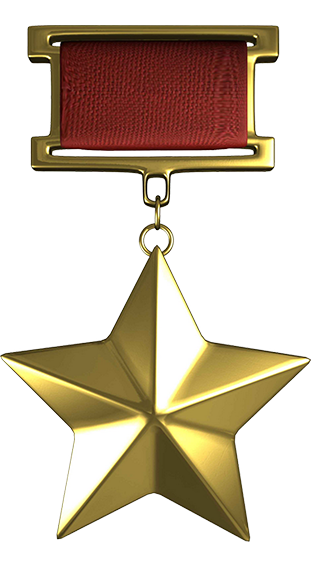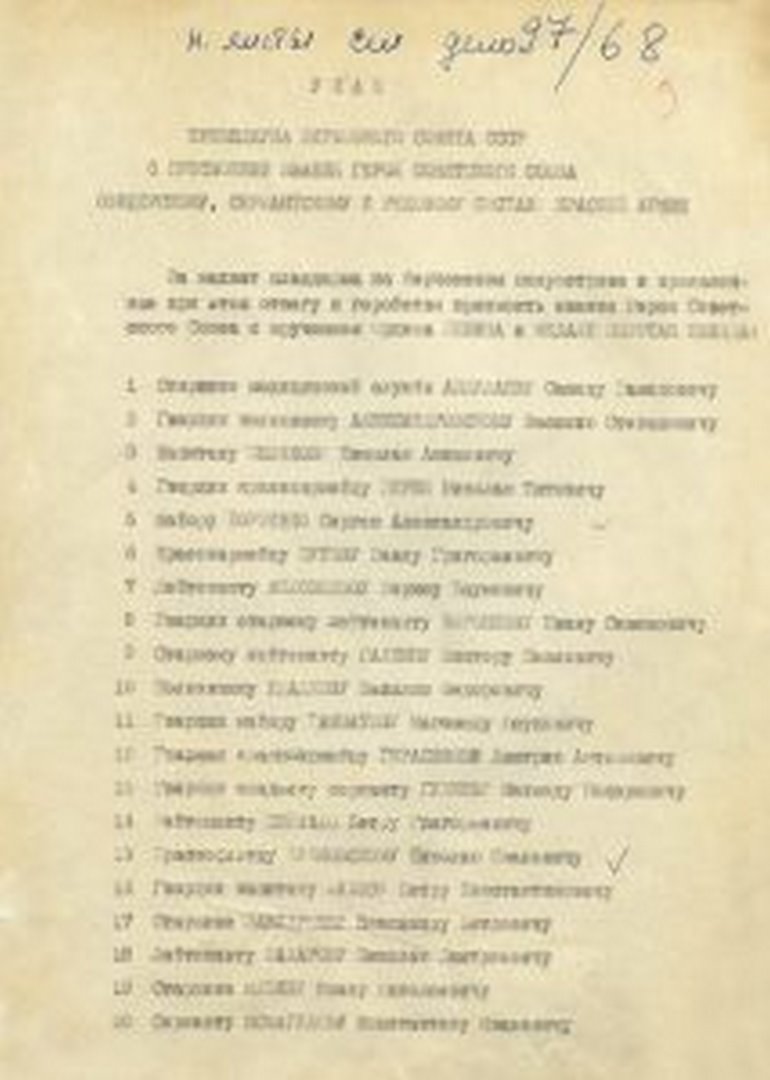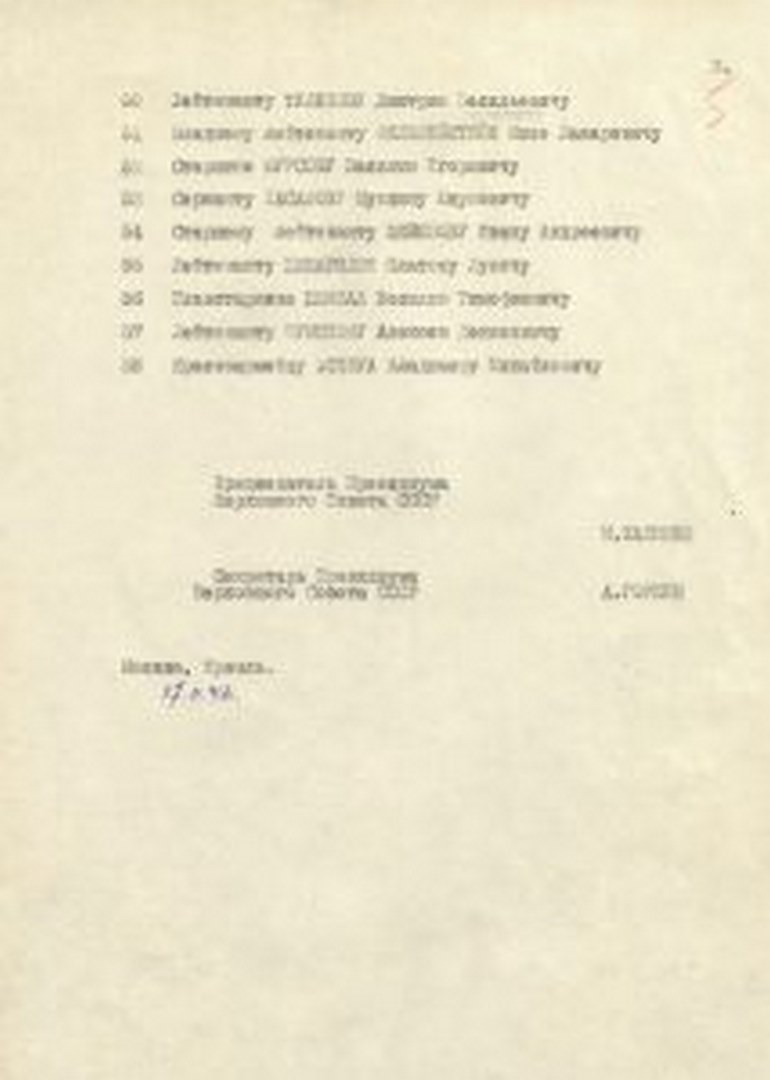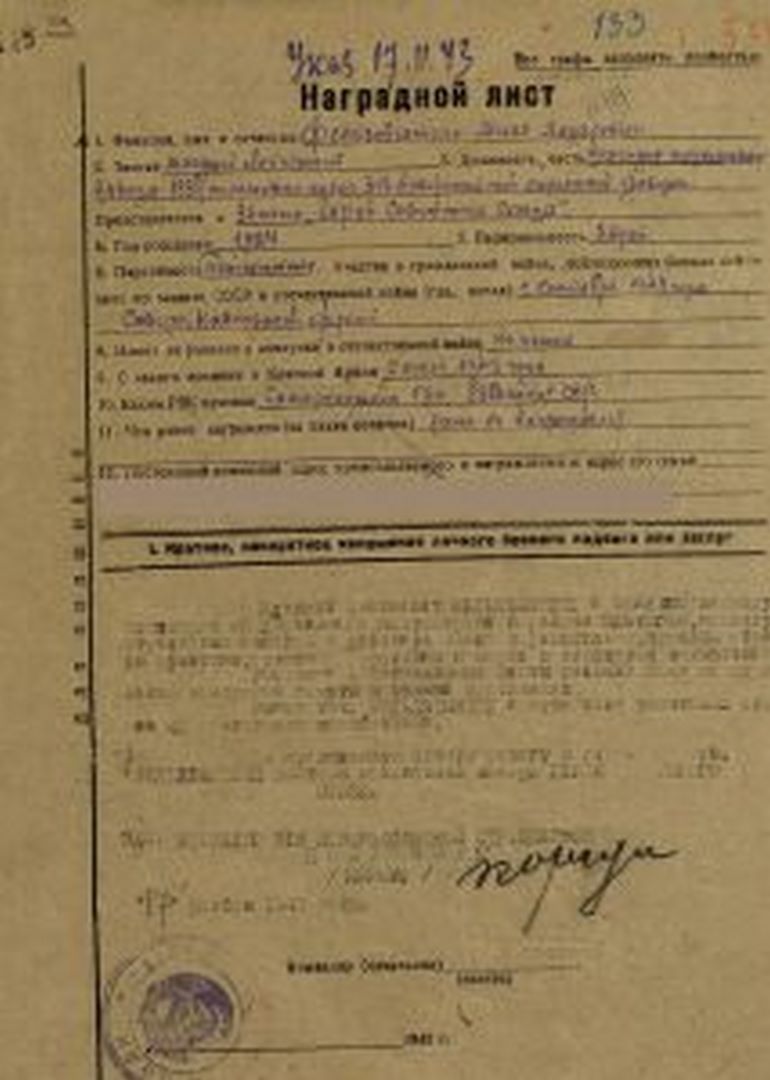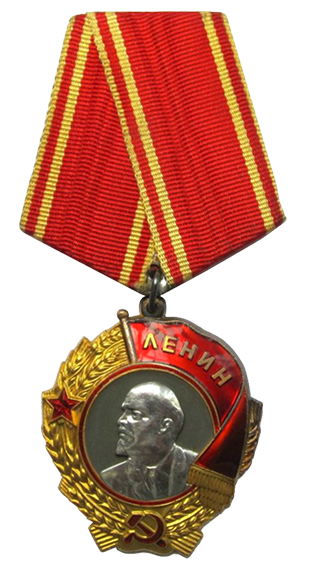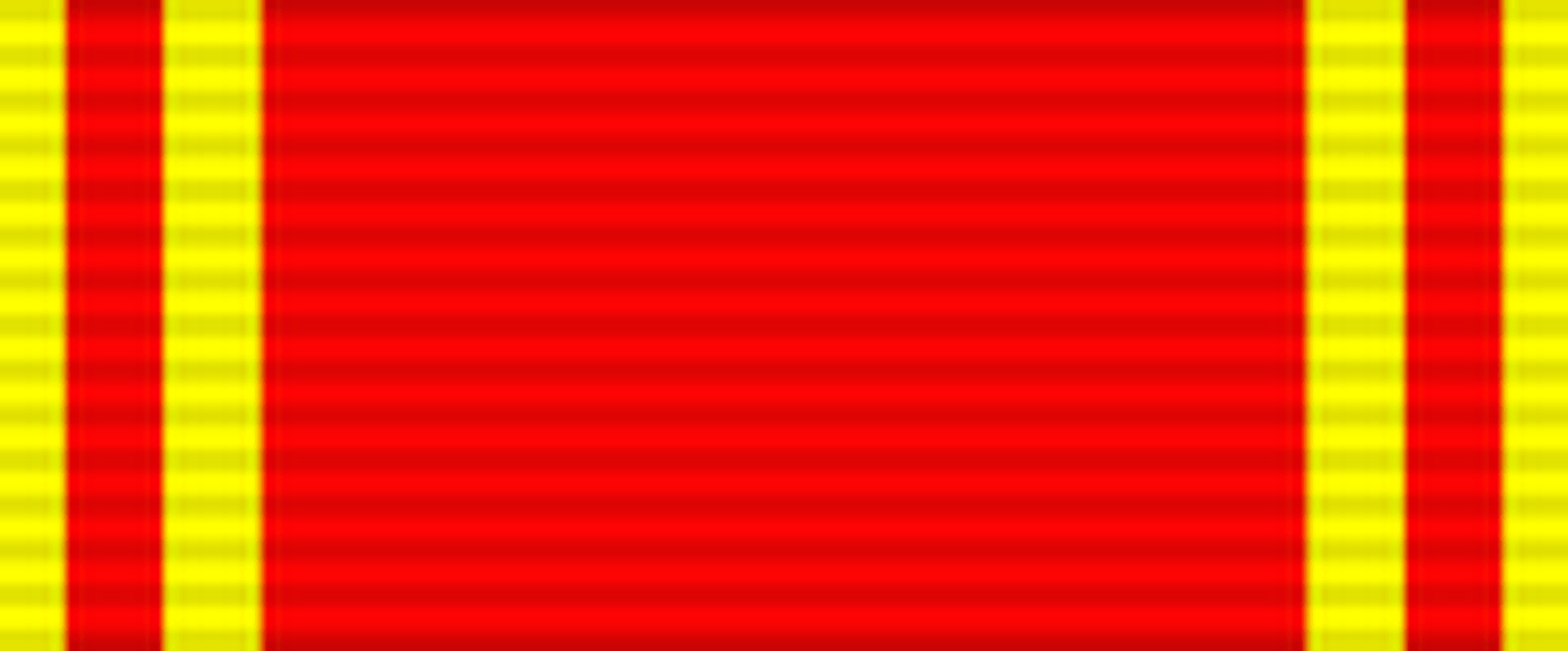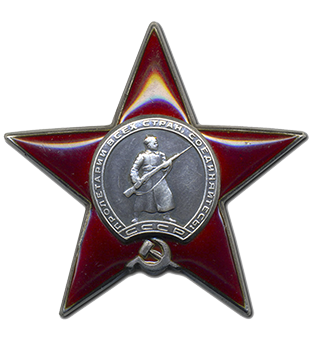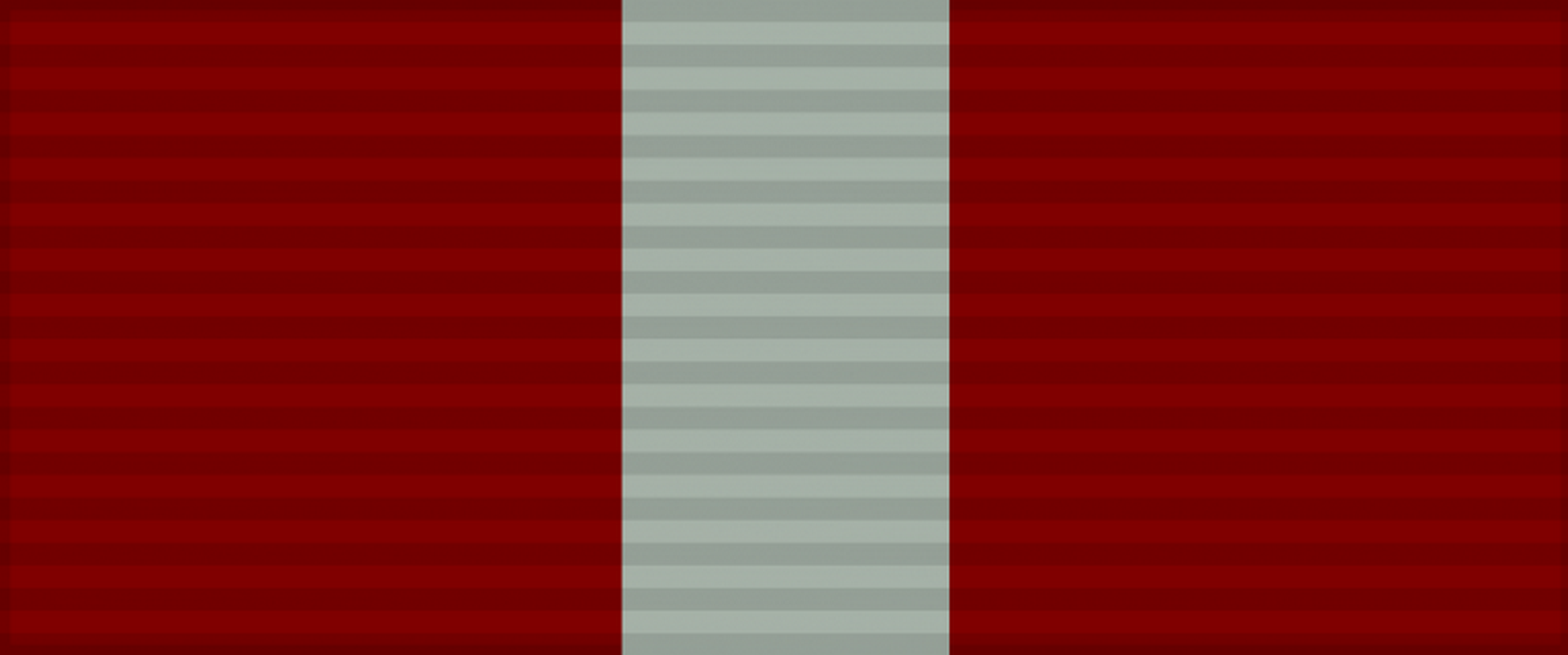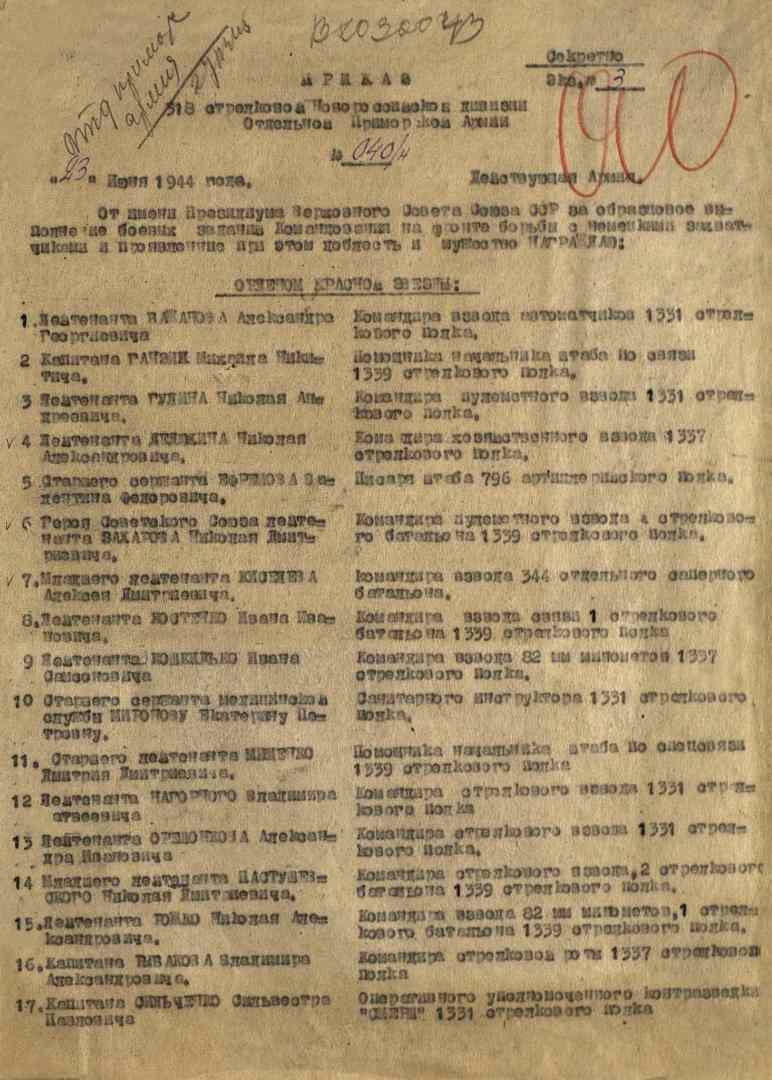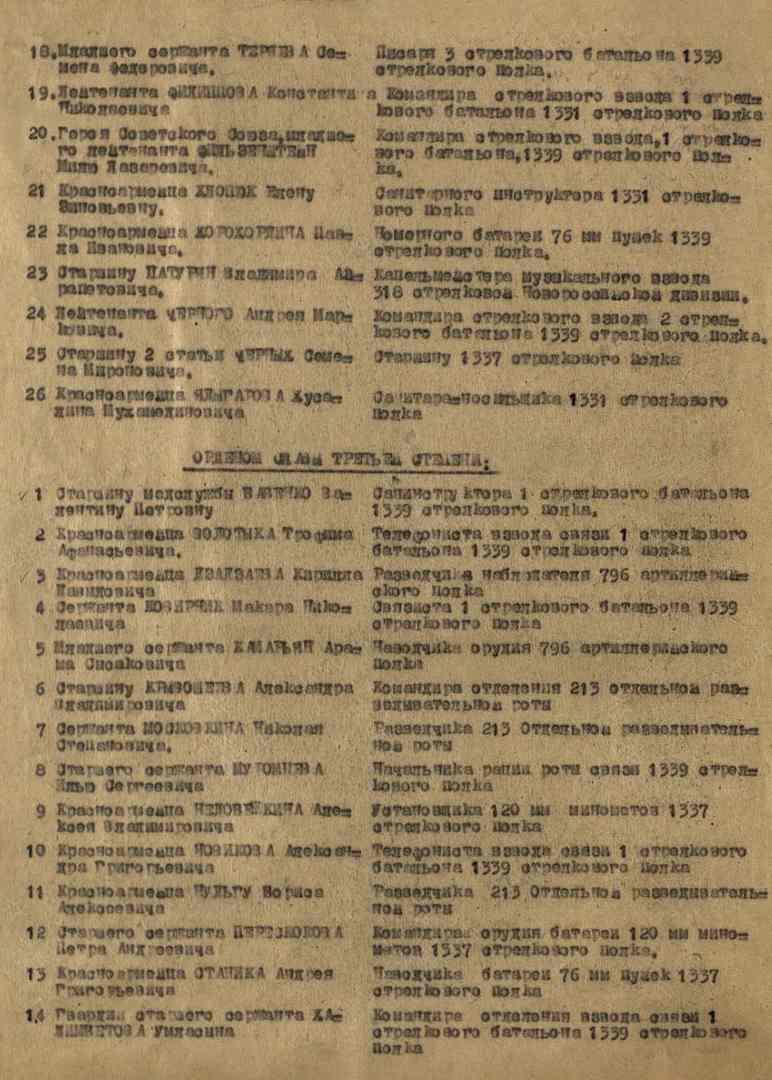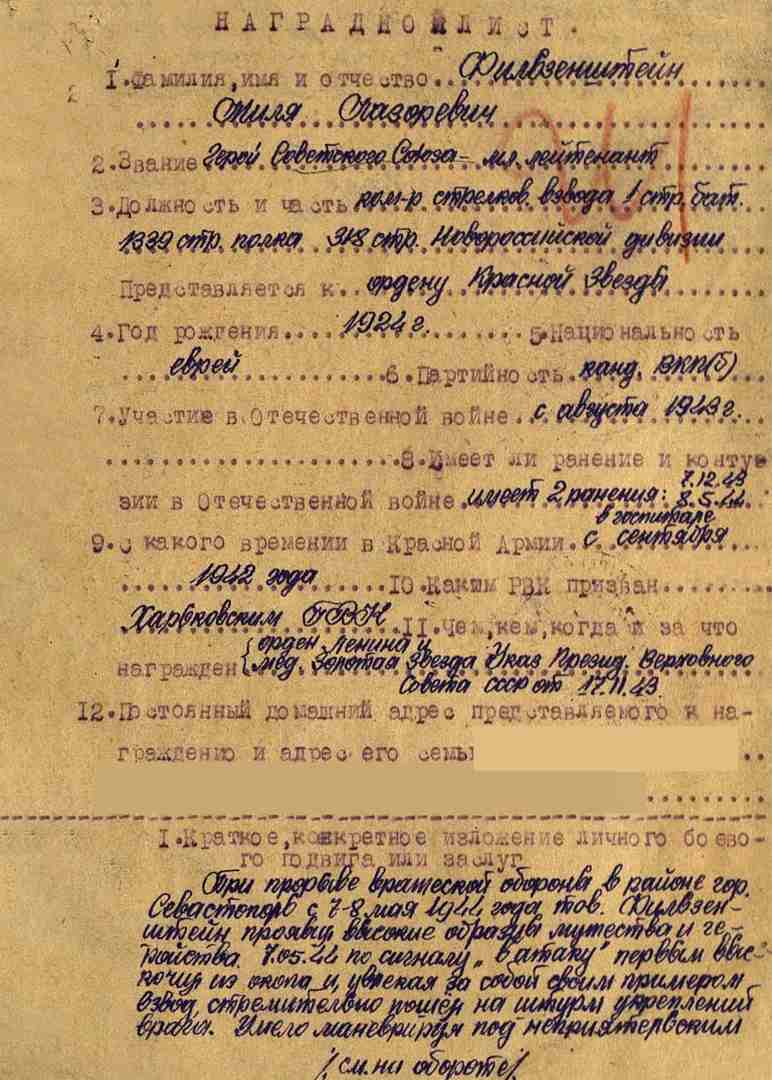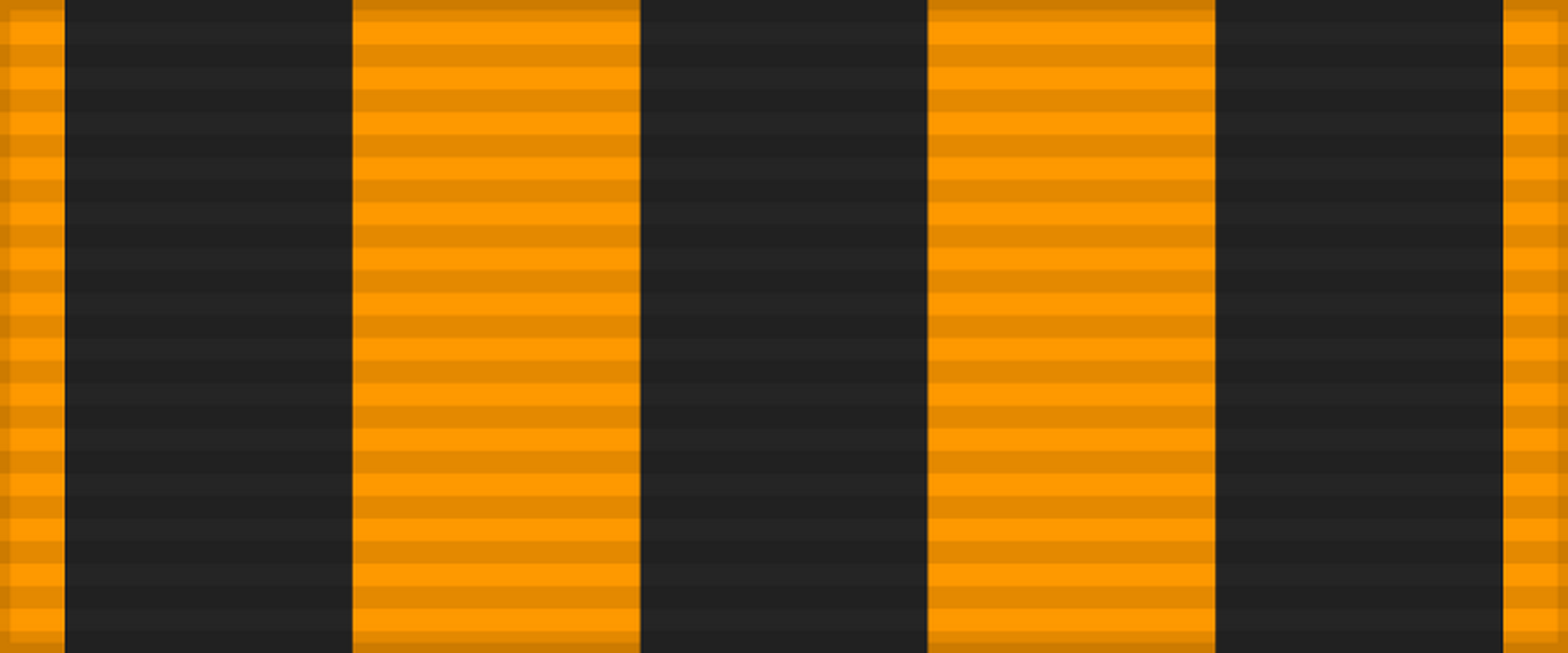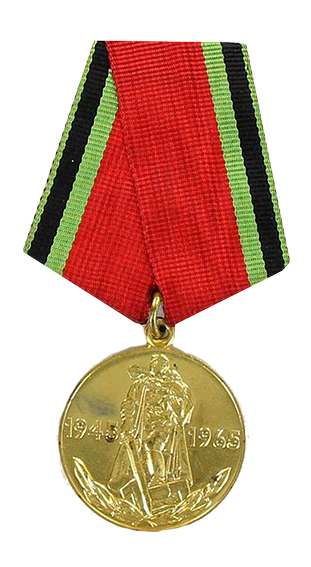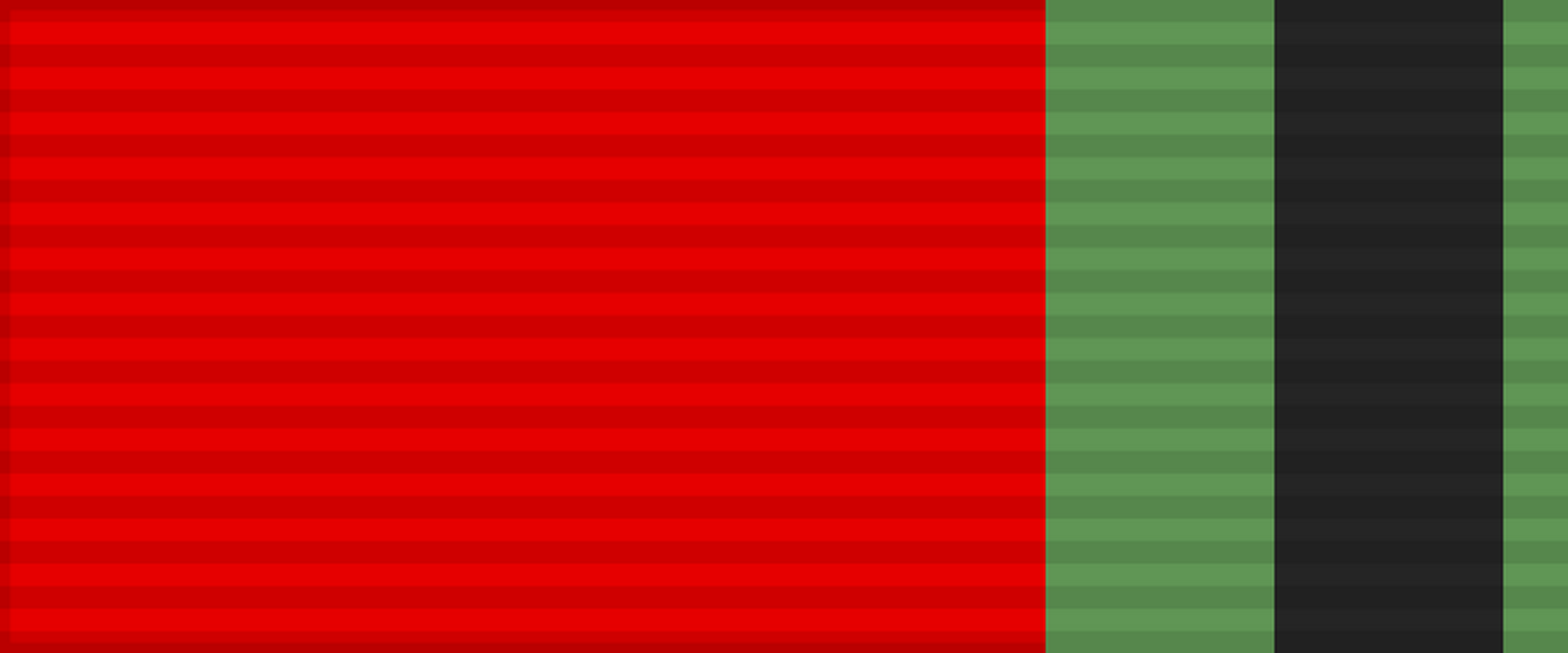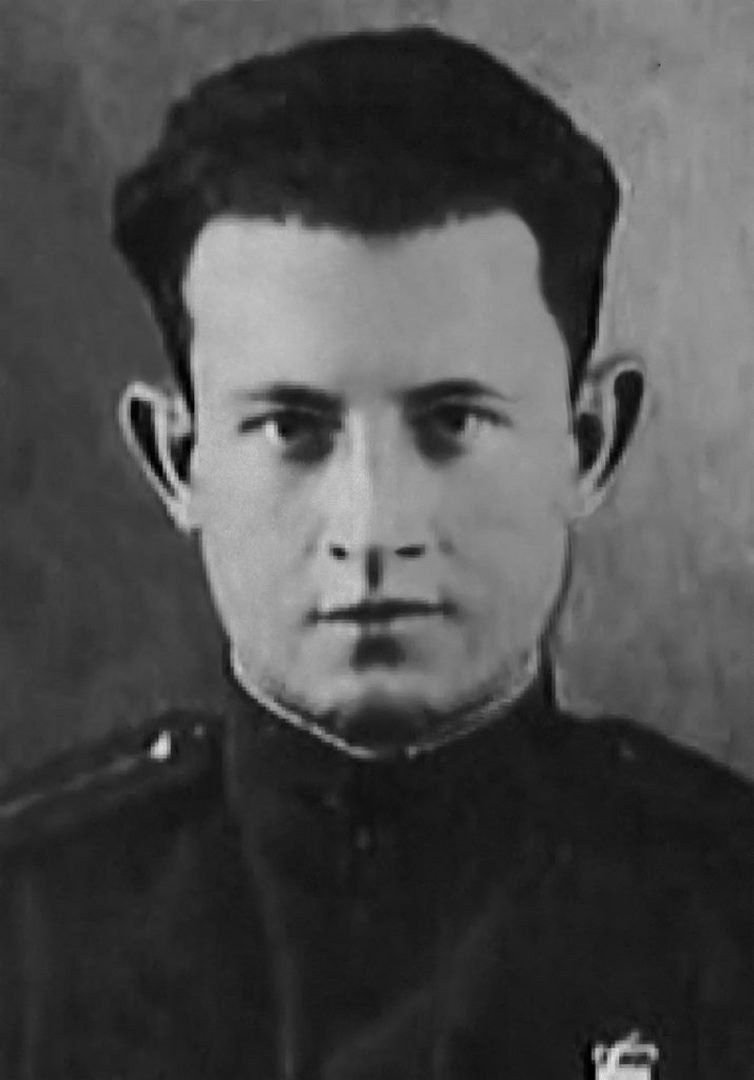
FELSENSTEIN MILA LAZAREVICH
Junior Lieutenant, Participant of World War II, The Hero of the Soviet Union (November 17, 1943)
He was born in 1924 in Kharkov in a working-class family. He graduated from high school. At the beginning of the war he was evacuated to Samarkand and was drafted into the Red Army in 1942. He graduated from the Tashkent School of Machine Gunners.
In the spring of 1943, he was sent to the front with the rank of junior lieutenant and was appointed commander of the machine-gun platoon of the 1339th Infantry Regiment of the 318th Infantry Division formed in Kuban. In the summer of 1943, he took part in the first battle for the liberation of Krasnodar. In the autumn of 1943, he took part in an operation to seize a bridgehead on the Crimean peninsula near the village of Eltigen, south of Kerch.
On the night of November 1, the units were to cross the 35-kilometer-wide Kerch Strait. At night and in conditions of heavy storms, under the fire of enemy artillery and mortars, the ship with Felsenstein’s platoon could not sail ashore. Led by the commander, the warriors jumped into the water. They sailed ashore, threw grenades at enemy trenches, broke through, and forced the Nazis to retreat. Felsenstein’s machine-gun platoon, which repulsed 12 counterattacks of the enemy, along with other units of the battalion, took up a strong position on the occupied bridgehead at night. In battle, the platoon commander acted with courage and determination, personally setted an example and inspired the fighters. He personally killed more than 50 Nazis. He was taken to hospital with serious injuries.
He was treated at a field hospital for two months, and then transferred to Sochi, where he underwent a series of complex surgeries. After a month of vacation, he went to visit his relatives in Samarkand and returned to his unit. He was appointed company commander.
In the spring of 1944, the battles for the liberation of Crimea began. He was wounded in the left leg in a battle near Sevastopol and was taken to a hospital in Kislovodsk. For almost a year, doctors had struggled to save the officer’s life and legs. In March 1945, a military medical commission at a hospital in Samarkand released Felsenstein for disability.
In December 1974, Felsenstein and his family immigrated to Israel. He lived in Lod and worked in a factory. He died on October 14, 2006.
By the Decree of the Presidium of the Supreme Soviet of the USSR of November 17, 1943, “For exemplary performance of combat duties, courage and heroism in the fight against Nazi invaders on the front”, Junior Lieutenant Mila Lazarevich Felsenstein was awarded the title of “The Hero of the Soviet Union.

